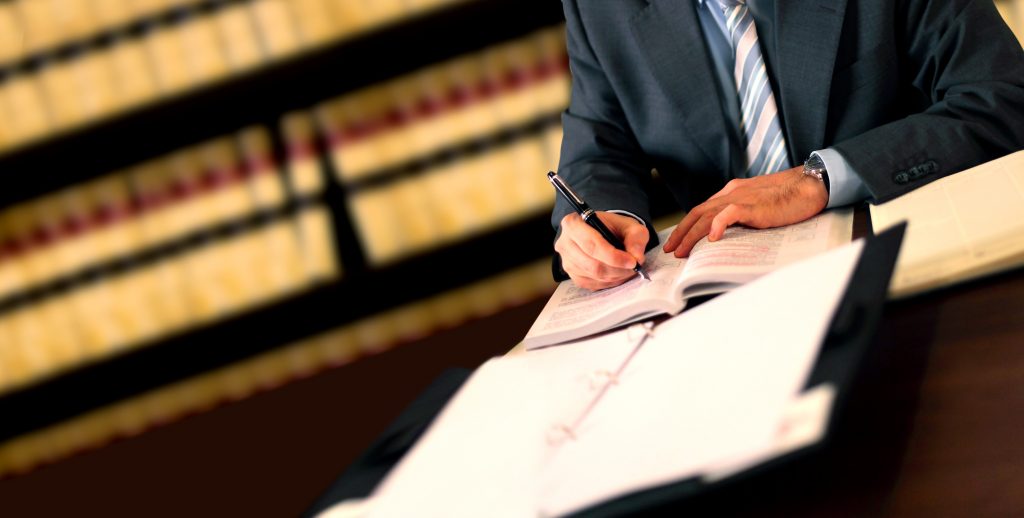In a recent Ontario Court of Appeal decision, Sataur et al. v. Starbucks Coffee Canada Inc. et al., 2017 ONCA 1017, the liability of an employee’s wrongdoing, even during the course of their employment, was deemed to potentially attract personal liability, rather than shifting the liability to the employer.
The plaintiff in this case, Sataur pleaded that she was injured when a barista at a Starbucks store in Brampton, Ontario poured scalding hot water on her hands. Sataur, through a litigation guardian, sued Starbucks, the individual barista (Jane Doe) and the manager of the particular locations, Danielle Bovenberg, for negligence. The plaintiff alleged that each of the two individual defendants owed her a duty of care and that each was personally liable for breaching that duty.
Is a Corporation or Employee Liable when an Employee is Negligent?
On a motion to dismiss the Claim as against the individual defendants, Starbucks argued, firstly that the Statement of Claim did not disclose a reasonable cause of action as against either individual defendant and secondly that suing the individual employees was tantamount to an abuse of process. The judge hearing the motion agreed with Starbucks’ position and dismissed the claim as against the individual employees holding that “the general rule remains that employees are not liable for what they do within the scope of their authority and on behalf of their corporation.”
However, on appeal, the Ontario Court of Appeal held that the general rule on liability was, in fact, the opposite of that stated by the judge hearing the motion, and held:
Respectfully, the general rule is the opposite. As Justice McLachlin said succinctly in London Drugs Ltd. v. Kuehne & Nagel International Ltd., 1992 CanLII 41 (SCC), [1992] 3 S.C.R. 299.
“It has always been accepted that a plaintiff has the right to sue the person who was negligent, regardless of whether the employee was working for someone else or not.” Put in the negative, there is no general rule in Canada that an employee acting in the course of her employment cannot be sued personally for breaching a duty of care owed to a customer [emphasis added].
Employment and Labour Law: An Important Case for Employees
As such, this is an important case for employees. An employee can be held liable for wrongdoings and negligent acts that take place during the course of their employment. While in most cases an employer would likely indemnify an employee for any damages that would be awarded as a result of any employee negligence, this is not necessarily always the case. Employees may need to better protect themselves with ensuring an indemnity provision in their employment agreement before commencing work to ensure that they will not be held personally liable for any negligence that takes place in the course of their employment duties, even accidental.
While it is likely that the individual defendants were named in the claim in order to ensure that their evidence would be obtained on discovery, rather than to realistically seek a recovery for damages, it remains the law that an employee can be held liable for workplace negligence and the liability will not always shift to the employer.
Scott Chambers is an Employment and Human Resources lawyer at Doak Shirreff Lawyers LLP. Scott can be reached at [email protected] or 250-979-2527. You can also follow Scott on Twitter at @DSEmploymentLaw and on LinkedIn at www.linkedin.com/in/scottdchambers.


